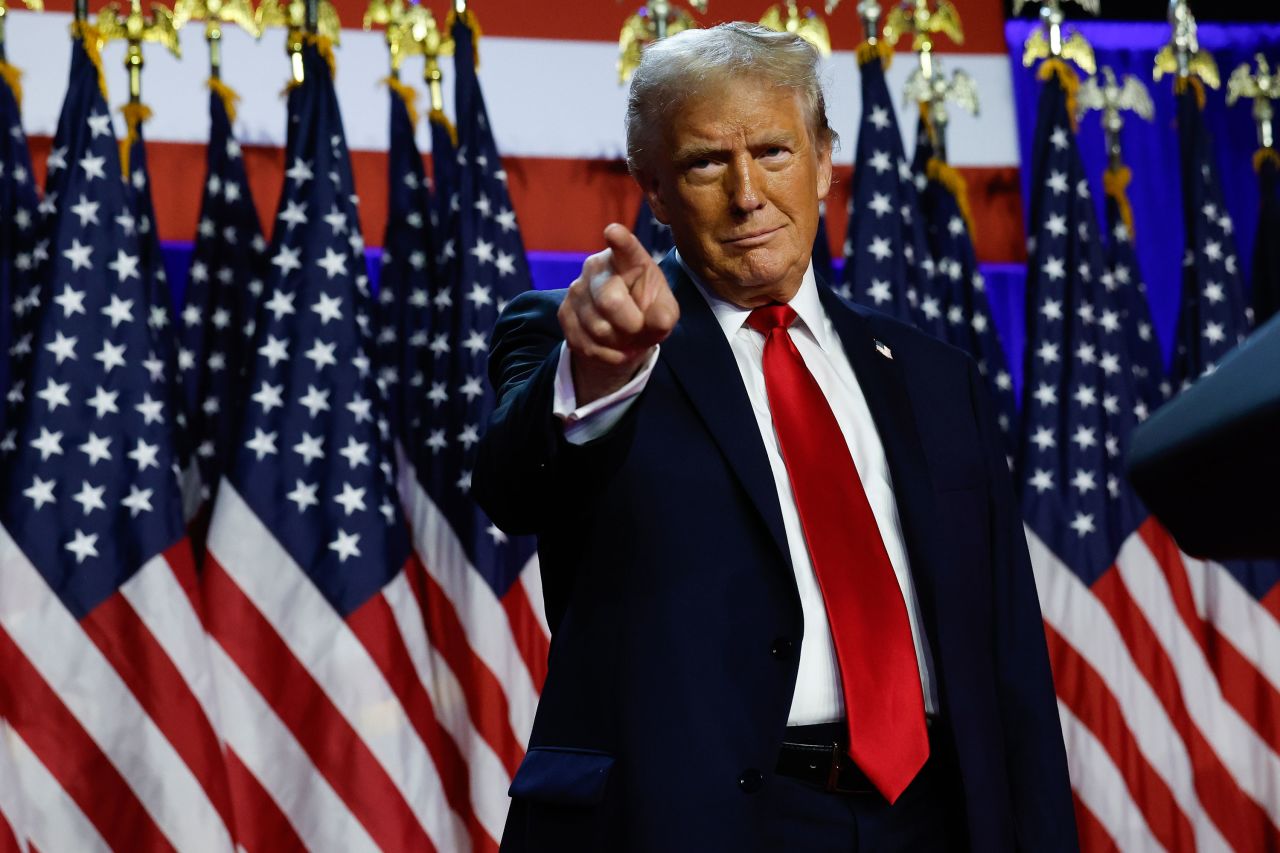A year ago, the idea that Donald Trump could evade accountability for his numerous legal troubles seemed absurd. Many believed his years of alleged misconduct—financial irregularities, tax avoidance, and defiance of legal processes—would finally catch up with him.
Running for office was seen as a turning point that exposed him to greater scrutiny and accountability. Yet, despite some consequences, such as his conviction in the Stormy Daniels case, the broader picture reveals a legal system struggling to hold him accountable in any substantial way.
Trump has faced an array of legal challenges, both criminal and civil, with mixed outcomes. On the criminal front, his conviction in the hush-money case may still be overturned, as his lawyers pursue dismissal.
Other cases, like the Department of Justice probe, the Fulton County election investigation, and the classified documents case, have encountered significant obstacles due to legal delays, prosecutorial errors, and favorable rulings.
On the civil side, while verdicts like the $83 million defamation judgment and the $454 million real estate fraud case appear significant, Trump’s appeals suggest that even these outcomes may be weakened or reversed.
The scale of Trump’s alleged misconduct is extraordinary, including pressuring Georgia election officials, inciting an insurrection, and mishandling classified documents. Critics argue that the legal system has been overly cautious, allowing him to evade charges for obstruction of justice and violations of the Presidential Records Act.

Despite his frequent legal entanglements, Trump’s strategy of delay and his exploitation of procedural loopholes have often allowed him to sidestep serious consequences.
Attorney General Merrick Garland has faced criticism for what some see as a hesitant approach, particularly regarding the January 6 case. Critics contend that earlier action might have led to different results.
However, the delays and Trump’s ability to frame himself as a victim of political persecution have complicated any effort to hold him accountable. Even potential convictions could have bolstered his claims of martyrdom among his supporters, further solidifying his influence.
Trump’s extraordinary fortune in avoiding meaningful accountability is partly due to systemic inefficiencies and favorable judicial assignments.
The classified documents case, for example, was overseen by a judge accused of partisan leanings, while slow-moving Supreme Court decisions often seemed to work in Trump’s favor. These developments highlight how institutional factors have played a significant role in shielding him from more severe repercussions.
The implications of Trump’s legal battles are far-reaching. They signal a dangerous precedent that presidents can act with near-impunity, undermining the principle of accountability.
The infamous sentiment that “it’s not illegal if the president does it,” once rejected as fundamentally un-American, has gained new credibility. Trump’s likely takeaway from these experiences is that he can operate without restraint—a deeply concerning prospect for the future of democracy.


